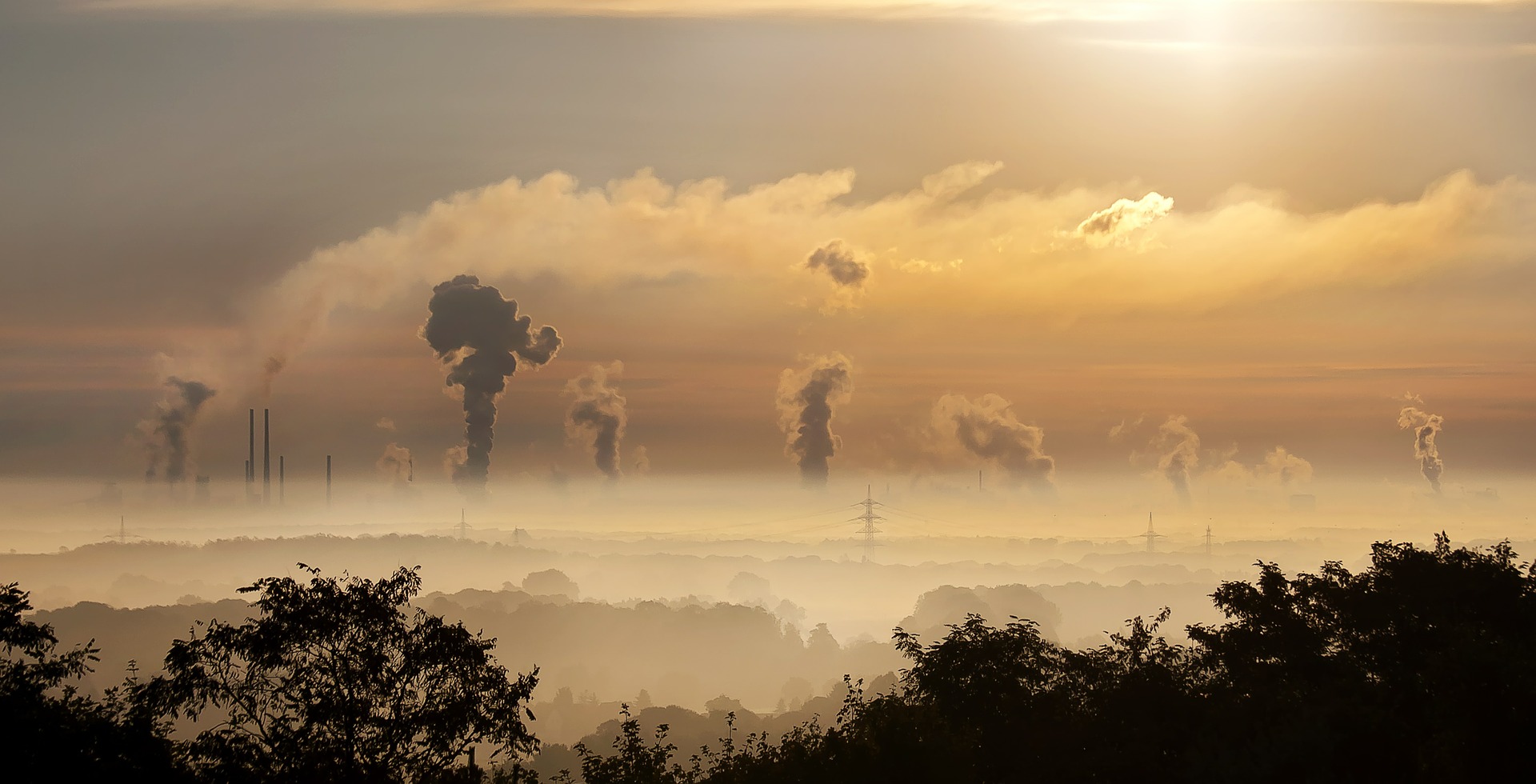The Stuff Around Us (Part 1a) - What is Physical Chemistry?

Traditional chemistry deals primarily with reactions involving one or more compounds, but how and why do these reactions occur? What governs whether a reaction will occur? Or how and why different states or phases form?
These are some of the questions that can be answered with the study of physical chemistry, which combines chemistry and physics to explain why matter interacts with the universe in certain ways. It is not like full blown physics, which can go into a even more fundamental level.
Physical chemistry has been responsible for many of the technological advances in the last 250 years. Engines, for example, are based on some of the earliest forms of the Laws of thermodynamics. The best example that comes to mind is the Carnot Cycle, which is the fundamental reason why the steam engine works (I'll go into this in more detail in future parts). It can be represented graphically as:

Don't get frightened with the odd words! I'll explain what all of them mean in another episode, but the important thing to understand is that the expansion of the gas (steam) and compression is able to produce energy in something called a thermodynamic cycle.
Main Areas of Physical Chemistry
Chemistry is the science of matter and the changes that can be undergone by it, and hence, we investigate all the different facets that makes matter the way it is. These include:
MATTER itself: many would be familiar with some models of matter that exist, such as the Lewis structure, nuclear models like Bohr's model, and equations of state such as the ideal gas equation.
ENERGY, one of the most important aspects of elementary physics, lies between the interface between physics and chemistry. In this foundation, thermodynamics plays a key role.
WAVES, all matter is composed of waves, including electrons and even light. Quantum mechanics is involved heavily in this part of physical chemistry - where it is central to the discussion of chemical structure (from the electronic, atomic and molecular levels) and chemical change (states, reactivity etc.). It is perhaps the most fundamental part of physical chemistry, and is the topic which intersects the most with contemporary physics. As a result I won't go into this in too much detail, but I'll be sure to recommend some books (beware: math, math, math!) when I get to this section.
Thanks for reading!
You can also find this blog (and many more) on my minds.com page:
https://www.minds.com/MrElement
Congratulations @mr-element! You received a personal award!
Click here to view your Board
Congratulations @mr-element! You received a personal award!
You can view your badges on your Steem Board and compare to others on the Steem Ranking
Vote for @Steemitboard as a witness to get one more award and increased upvotes!